|
Click the image below for notes and links from this powerful kickoff session. Note that the recording is password protected and will be available for two weeks.
by Melissa Williamson, Director of Early Childhood at Temple Emanuel Early Childhood Center in Kensington, MD Now, more than ever, it is vital that we seek ways in which our practice as educators and administrators will contribute towards greater beauty, justice and democracy not just for the short-term, but for a lifetime and beyond. My personal practice is built on the foundation of value-based, democratic learning, led by my deep belief in the Reggio Approach to learning, an extremely relevant philosophy today that was born out of post-World War II Reggio Emilia, Italy, decades ago. Temple Emanuel Early Childhood Center is a Reggio-Inspired program that fits seamlessly into the fabric of our small but mighty synagogue, located just outside the Beltway circling Washington D.C. Temple Emanuel was formed and grew during the tumultuous times of the Vietnam War and since the early ‘60s, the Temple has been a local leader in civil rights advocacy, unyielding in its commitment to social activism. Standing up for others is a value instilled in children from the time they are at the Temple’s Early Childhood Center and carries on through the Religious School program and into adulthood. Last year the 10th grade cohort created a “Yearbook of the Fallen” to commemorate the high school victims of gun violence killed in 2018. The confirmation class sent the book to all 535 members of Congress and visited with representatives on Capitol Hill to advocate for gun control. When asked to reflect on their purpose, the students explained, “We chose to address gun violence at our synagogue, an explicitly Jewish space, because of our Jewish value to “not stand idly by the blood of your neighbor” and to rebuke injustice that we, as Jews, see in the world... It is our duty, as both Jews and human beings, to make a stand for those who cannot because they have fallen victim to gun violence. If we do not stand up, then who will? We must stand while we still can. Because if not now, then when? We acted by creating 'The Yearbook of the Fallen.'" This idea of action--of doing something, creating something, expressing oneself—is instigated in children from birth. Our charge as educators is to listen to children’s voices and support transforming their words into action. By giving them our authentic presence and our encouragement to think and speak freely, with curiosity and empowerment, we are saying “we hear you.” Vea Vecchi, the first atelierista in Reggio Emilia, explains how children’s creativity helps us confront the difficulties of our times. Poetic thought constructs thoughts that are not conformist and this creates two important elements: solidarity and participation, both of which are the foundation of democracy. She says that researching beauty and ethics is the indispensable foundation for a livable, sustainable future that everyone speaks about, but that seems so difficult to bring about. As early childhood educators, we are always wondering how to prepare the next generation to assume the responsibility for living and defending the ideals of civics, civility and citizenship that have taken generation upon generation to fight for and defend. In Carolyn Edwards’s article “Democratic Participation in a Community of Learners” she wrote that we need to start from the point of view that democratic citizenship is fundamentally about participation--becoming a protagonist in a group, in a community whose participation is continually transformed by, and transforms, the directions and activities taken. The child who can think “with others” rather than “for himself or for herself” is the one who best exemplifies the gift bestowed by education as relationship.
So key ingredients in a recipe for instilling the values of citizenship, democratic participation, empathy and advocacy in children from birth are:
Before our program’s closure last March due to the pandemic, one of our pre-K classes had begun investigating rights. The teachers’ research questions were: “What are rights? What does it mean to have them, and what is their purpose?” In their initial conversation, Elise shared that rights were first made a long time ago—in 1983—and when someone is taking your rights you put your hand up and say “stop.” Adara explained that rights mean helping someone, or someone helps you. Roan stated, “I have the right to be a child, because it’s fun!” Unfortunately, the world took a giant pause soon after this exploration began but the children were well on their way to developing a deep understanding of self-advocating and advocating for others. In fact, they had spent the past few years learning and growing in a democratic environment without pausing to define it with words such as rights and citizenship. In our context, their ideas and thoughts were valued and respected; the joyfulness of play and socialization was embraced and the importance of community and relationships was made visible and honored. Though most of the children in the class have since aged out of our program, I’m confident that they have approached their new learning contexts as active participants, with open hearts. "We were just gifted this new book for my son. The animals are fed up with the king and learn about democracy. They have demonstrations, runs campaigns and go through the election process!" -Aliza Plotkin.
|
Categories
All
Archives
March 2023
|

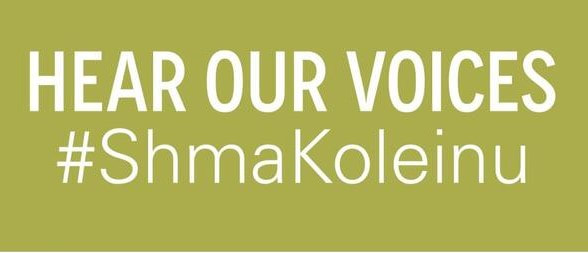
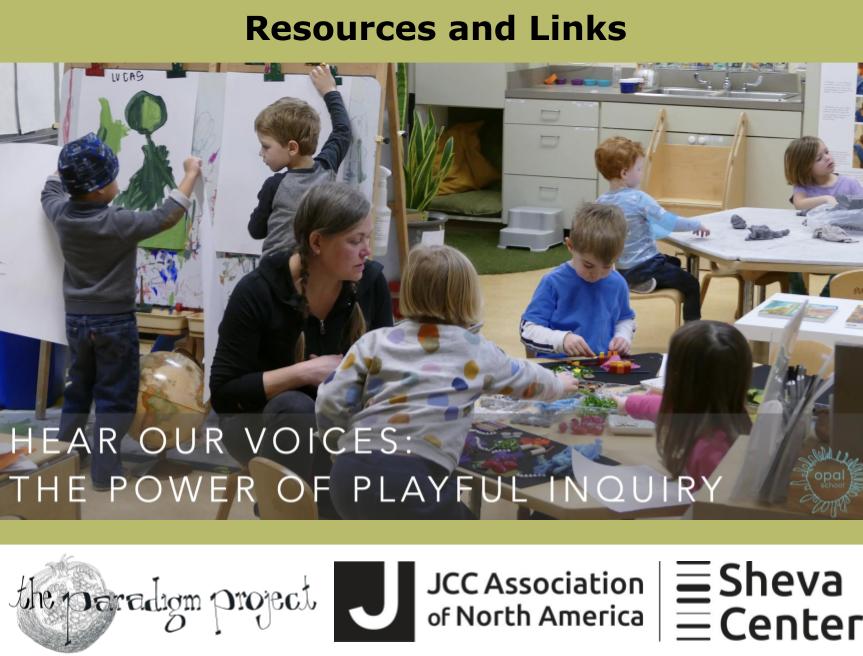
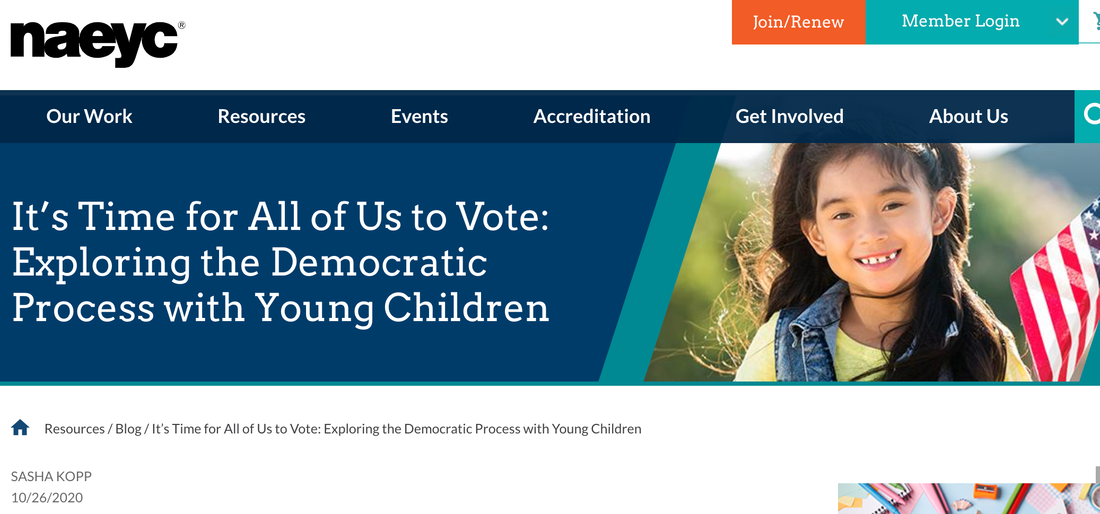
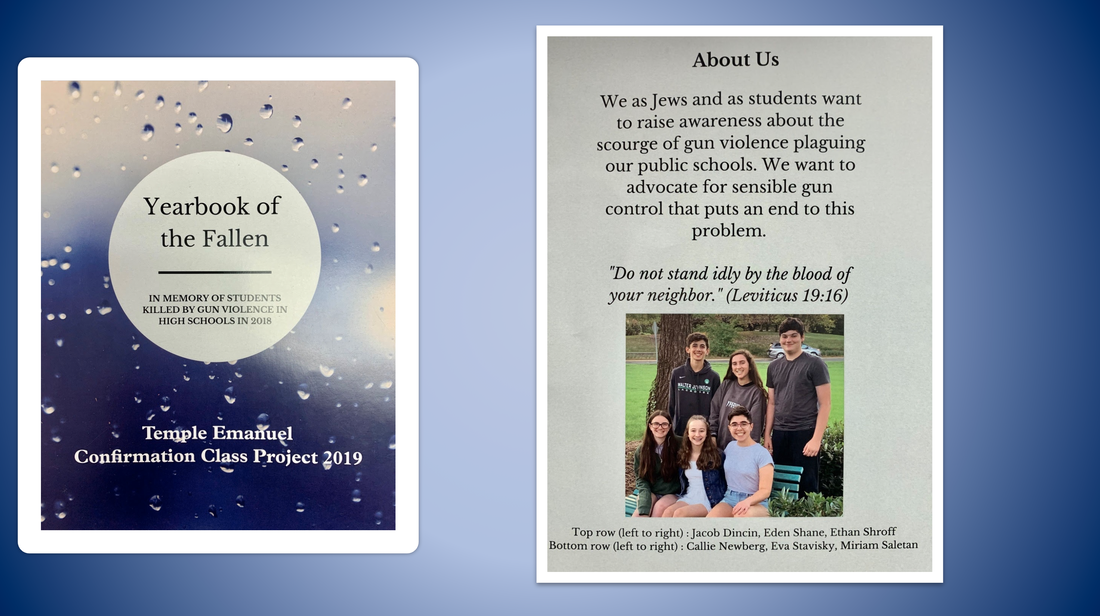
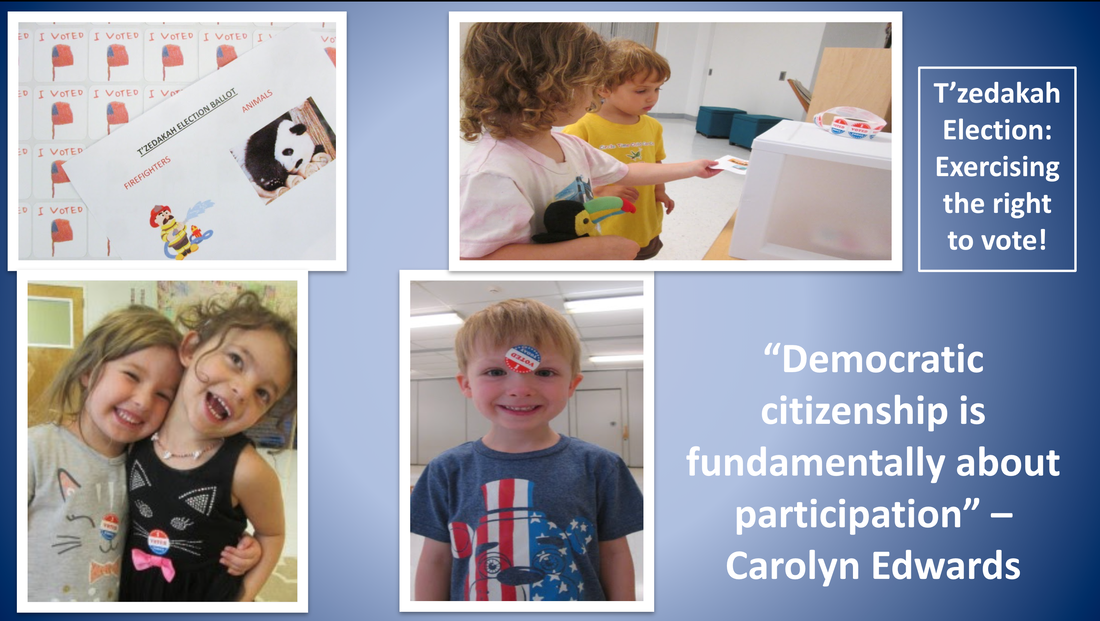
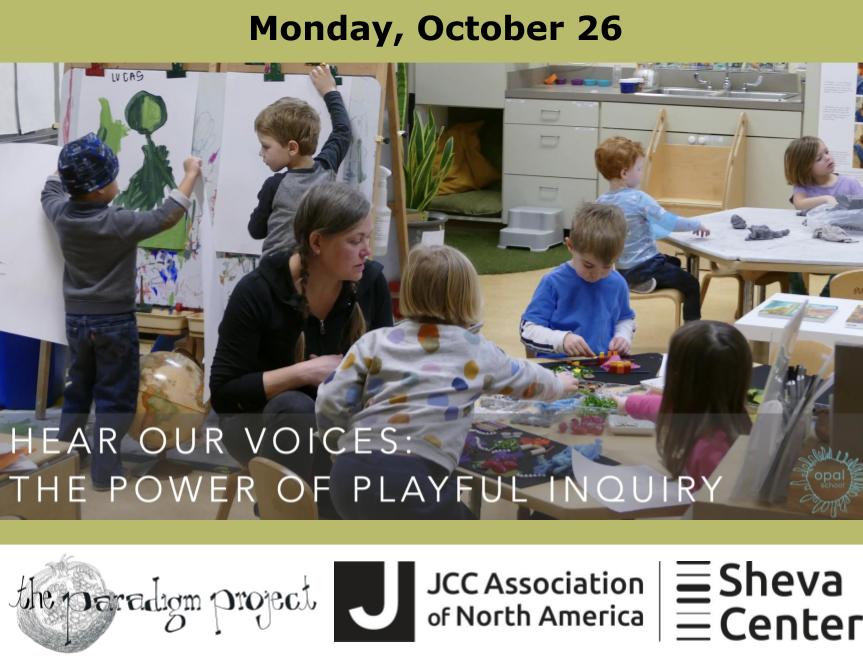
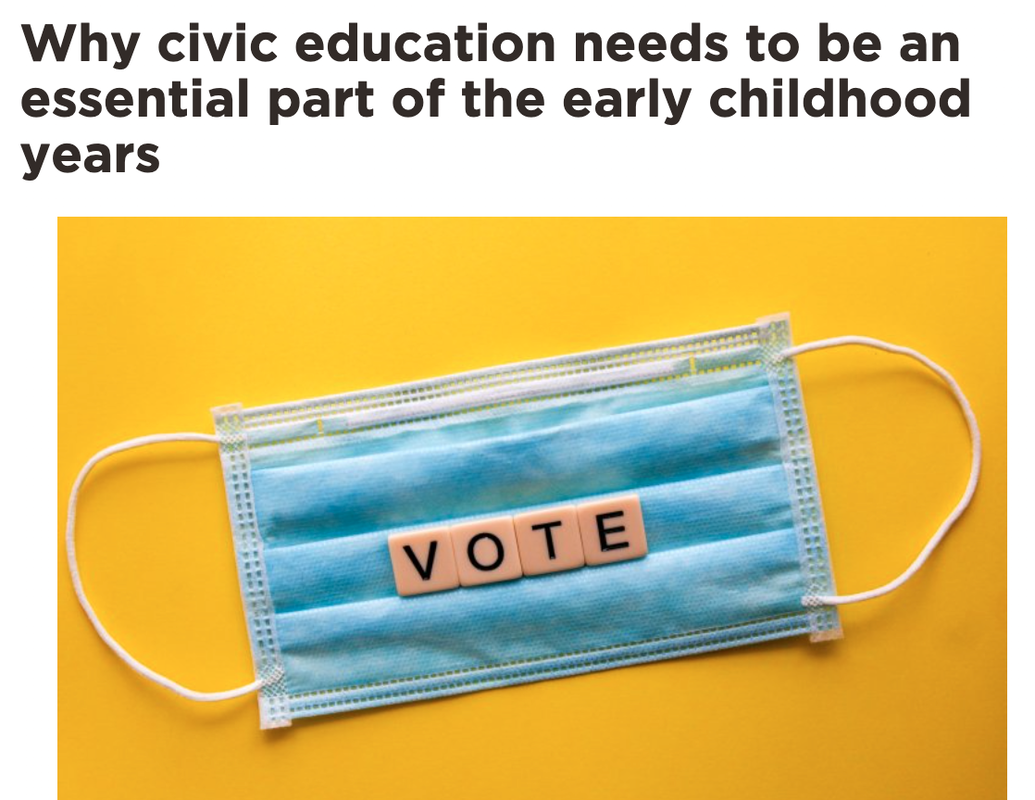
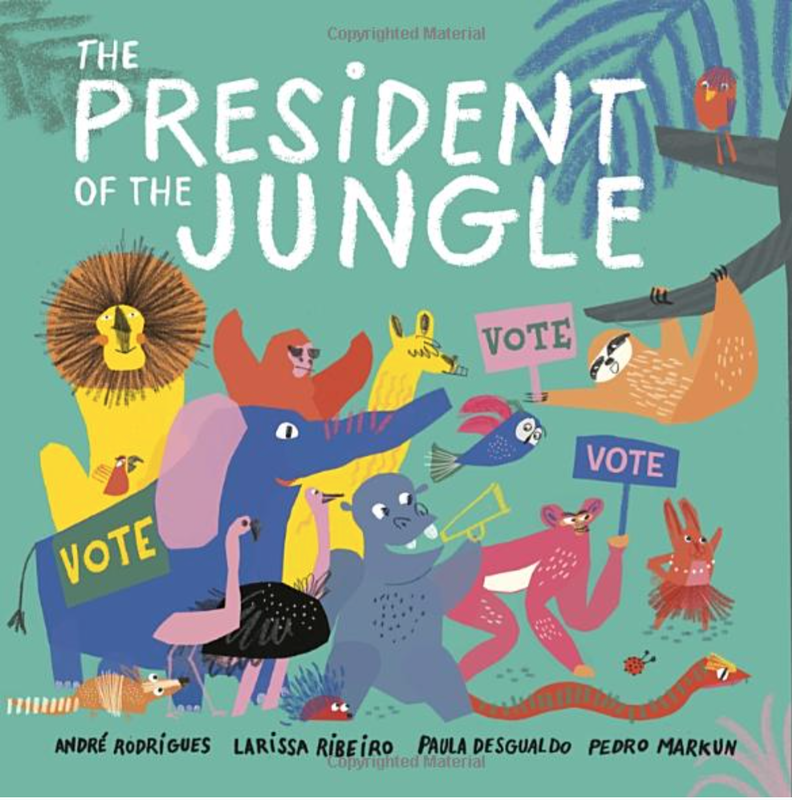
 RSS Feed
RSS Feed